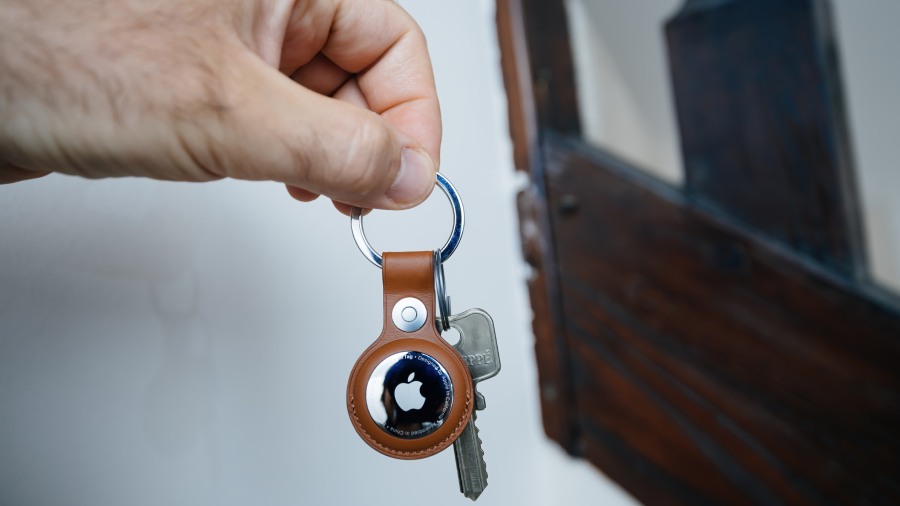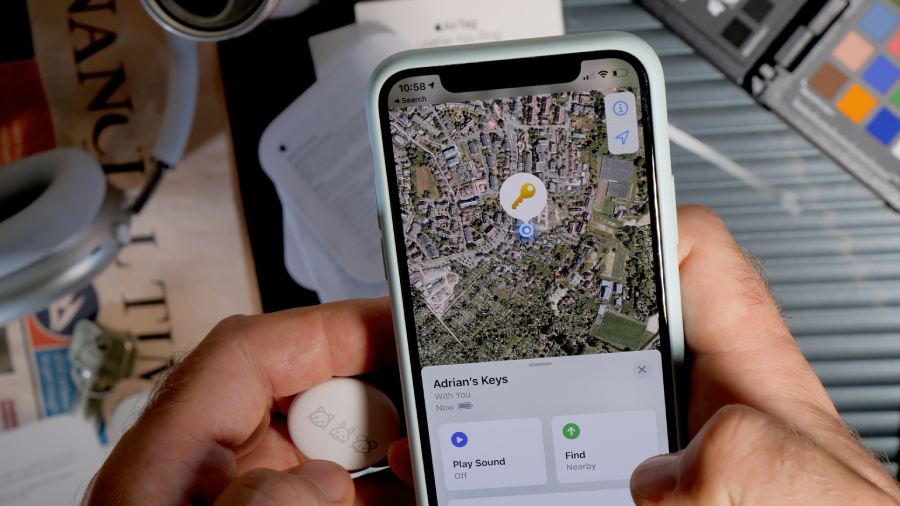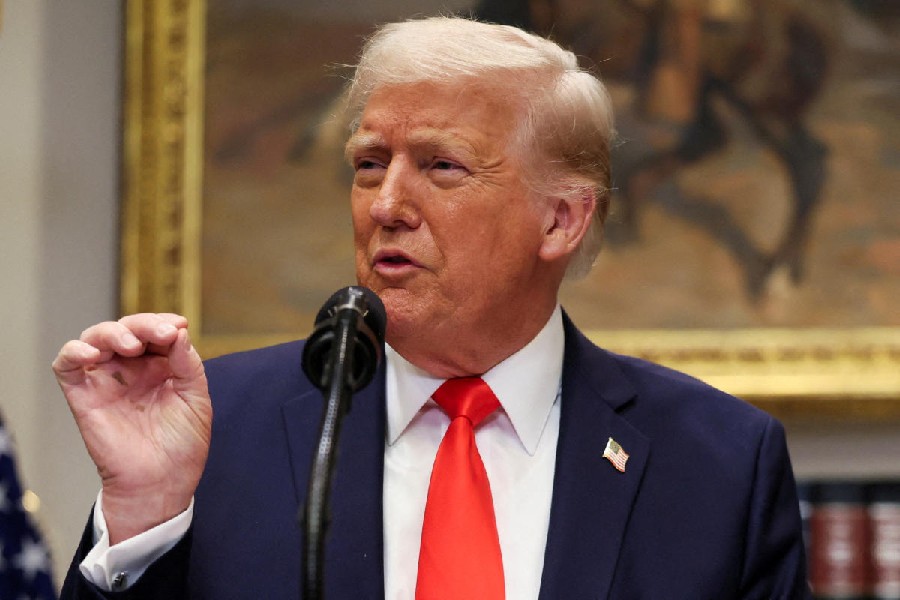In mid-January, my husband and I were having an argument. Our one-year-old had just tested positive for Covid-19. I called urgent care and was told we should take her to the emergency room. But, because I had been up all night with her, I was too exhausted to drive.
“I want you to take her to the hospital,” I said to him.
“Doctors always tell us to take the baby to the ER whenever we call about anything,” he replied, exasperated. “She’s eating and playing. This is not an emergency.”
He eventually caved. Knowing he was already annoyed by me, I did not want to pepper him with questions about how it was going.
Instead, I turned to the location-monitoring devices I had secretly stashed in our car. I put an Apple AirTag in a seat pocket, a Bluetooth tracker by Tile in a dashboard pocket, and a GPS tracker from LandAirSea in the glove compartment.
Let me explain. It was for journalism.

Shutterstock
Apple released sleek AirTags last year as a way to keep track of keys and purses. But every new convenience comes with a price: people have freaked out after finding AirTags hidden in their bags and on their cars. They were scared about being stalked or followed by someone wanting to steal their vehicles. All these people received warnings on their iPhones, a feature Apple had built into the AirTag system to help prevent unwanted tracking.
Experts were of two minds about Apple’s attempts to prevent nefarious use. Some said the alerts were inadequate and others praised Apple for unearthing a larger problem: widespread surreptitious tracking.
I decided to examine both claims by planting three AirTags, three Tiles, and a GPS tracker on my husband and his belongings to see how precisely they revealed his movements and which ones he discovered.
Some US states have laws criminalising this. Not wanting to break the law, or my husband’s trust, I had asked him for permission.
Thirty minutes after my husband and youngest departed for the hospital, I opened an app linked to the most precise tracker, the $30 LandAirSea device. To activate it costs extra, because it needs a cellular plan to relay where global positioning satellites have placed it.
The app’s InstaFence feature can alert me when the car moves, and a Playback option shows where the car has been. The other trackers — the Tile and AirTag — didn’t work as well in real time out in the sparsely populated area where we live. That’s because these devices rely on Bluetooth technology.
Rather than communicating with satellites, they ping devices within 30 or so feet of them. To help track down AirTags, Apple enlisted “hundreds of millions of iPhones, iPads and Mac devices all over the world”.
Another difference between Tile and AirTag is that if an iPhone detects an unknown AirTag continuously moving with it, the iPhone owner gets a notification, along with a map showing where it started.
Within two hours of putting the trackers in our car, my husband got an alert about the AirTag on his iPhone. The problem was that he couldn’t find it. The alert said he could make the AirTag play a sound, but when he tried, his phone wouldn’t connect to the device.
The AirTag and Tile are marketed to find lost things, but LandAirSea describes the purpose of its GPS tracker somewhat differently. “The ultimate in discreet tracking,” its Amazon page brags, where it is ranked as the bestselling GPS tracker.
Jared Zientz, director of analytics, told me that LandAirSea was founded 26 years ago, originally to track airplanes. I asked Zientz about how LandAirSea dealt with people using its devices for unwanted spying. “It’s certainly something that comes up,” Zientz said. The company, which sells about 15,000 devices per month, tells these callers they should go to the police, because they will need a subpoena to determine who owns the device they discovered. He estimated the company received about 30 subpoenas per year.
Within an hour of our daughter getting to the hospital, a nurse had checked her oxygen levels and declared them “really good”.
The reason I was allowed to share this tale of marital strife is that my husband was correct: we did not need to take our toddler to the hospital. At 7.17pm, my husband texted that they were heading home. I watched their progress on my app.











